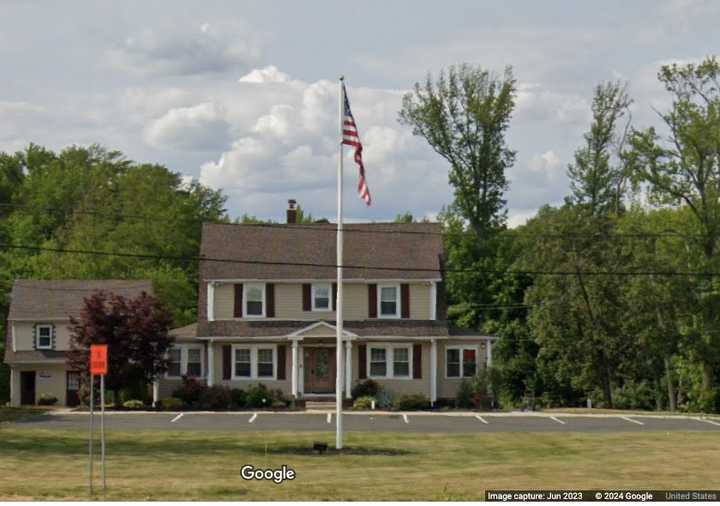The companies and housing providers denied rental opportunities to people with disabilities, permitted severe or pervasive harassment of tenants based on disability, or denied reasonable accommodations to individuals with disabilities, in violation of the New Jersey Law Against Discrimination (LAD), according to AG Matthew Platkin and the Division on Civil Rights (DCR)
The eight Findings of Probable Cause involve complaints filed with DCR by individuals with disabilities in five counties: Bergen, Burlington, Camden, Ocean, and Union.
In one of the Findings of Probable Cause, the owner of the Cooper Building in Camden reneged on a lease agreement with a potential tenant due to the individual’s disability, Platkin said. The owner’s representative extended a lease to the prospective tenant, but then canceled the lease after meeting the complainant in person.
The owner’s representative said: “I don’t think this house is really safe and good for [Complainant] given his condition.” The representative said that she feared the prospective tenant would create a liability risk for the property.
In another case, DCR issued a Finding of Probable Cause against the owner of a seven-unit rental property in Seaside Park for failing to take appropriate steps to end tenant-on-tenant harassment, according to Platkin.
A tenant was repeatedly harassed by other tenants due to a disability. DCR’s investigation revealed that the property owner, despite being aware of the harassment, failed to take steps reasonably calculated to end the harassment, as is his obligation under the LAD. The owner did not investigate the harassment or take any action to address the harassment.
DCR also issued six Findings of Probable Cause in cases where housing providers allegedly denied reasonable accommodations to residents with disabilities.
In one case, DCR found sufficient evidence to support a reasonable suspicion that Penn Properties Management Company – a property owner and management company headquartered out of Millstone that DCR issued 19 Notices of Violation against earlier this year – failed to accommodate a tenant with disabilities.
The property occupied by the tenant had mold and electrical issues that negatively affected the tenant’s health. But Penn Properties Management Company failed to respond to the complainant’s request for a reasonable accommodation.
In another case, DCR issued a Finding of Probable Cause against the owner and management company for Mill Run at Union Apartments in Union. The owner and management company denied a tenant’s request for a designated accessible parking space as a reasonable accommodation for her disability, claiming that the tenant could use one of two Americans with Disabilities Act-compliant accessible parking spaces whenever they were available, Platkin said.
However, Mill Run at Union Apartments did not provide any evidence suggesting that affording complainant an accommodation would have been unreasonable or imposed a burden on its operations.
The issuance of a Finding of Probable Cause shows that DCR has concluded its preliminary investigation and determined sufficient evidence exists to support a reasonable suspicion the LAD has been violated.
The Findings of Probable Cause announced today do not represent final adjudication of the cases. Rather, a Finding of Probable Cause means DCR has concluded its preliminary investigation and determined there is sufficient evidence to support a reasonable suspicion the LAD has been violated.
Anyone who violates the LAD may be required to pay a penalty of up to $10,000 per violation for their first adjudicated violation, and up to $50,000 per violation if they commit multiple adjudicated violations within a five-year period.
Click here to follow Daily Voice Cranford and receive free news updates.
